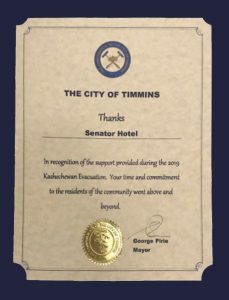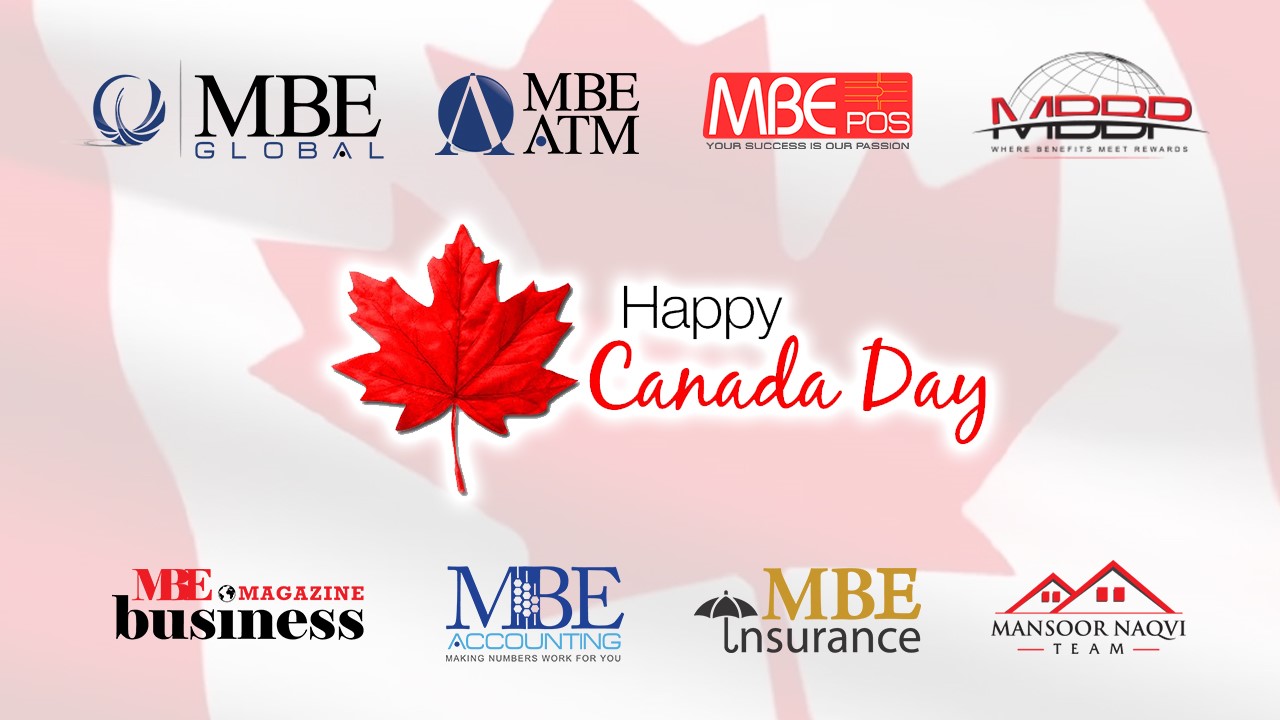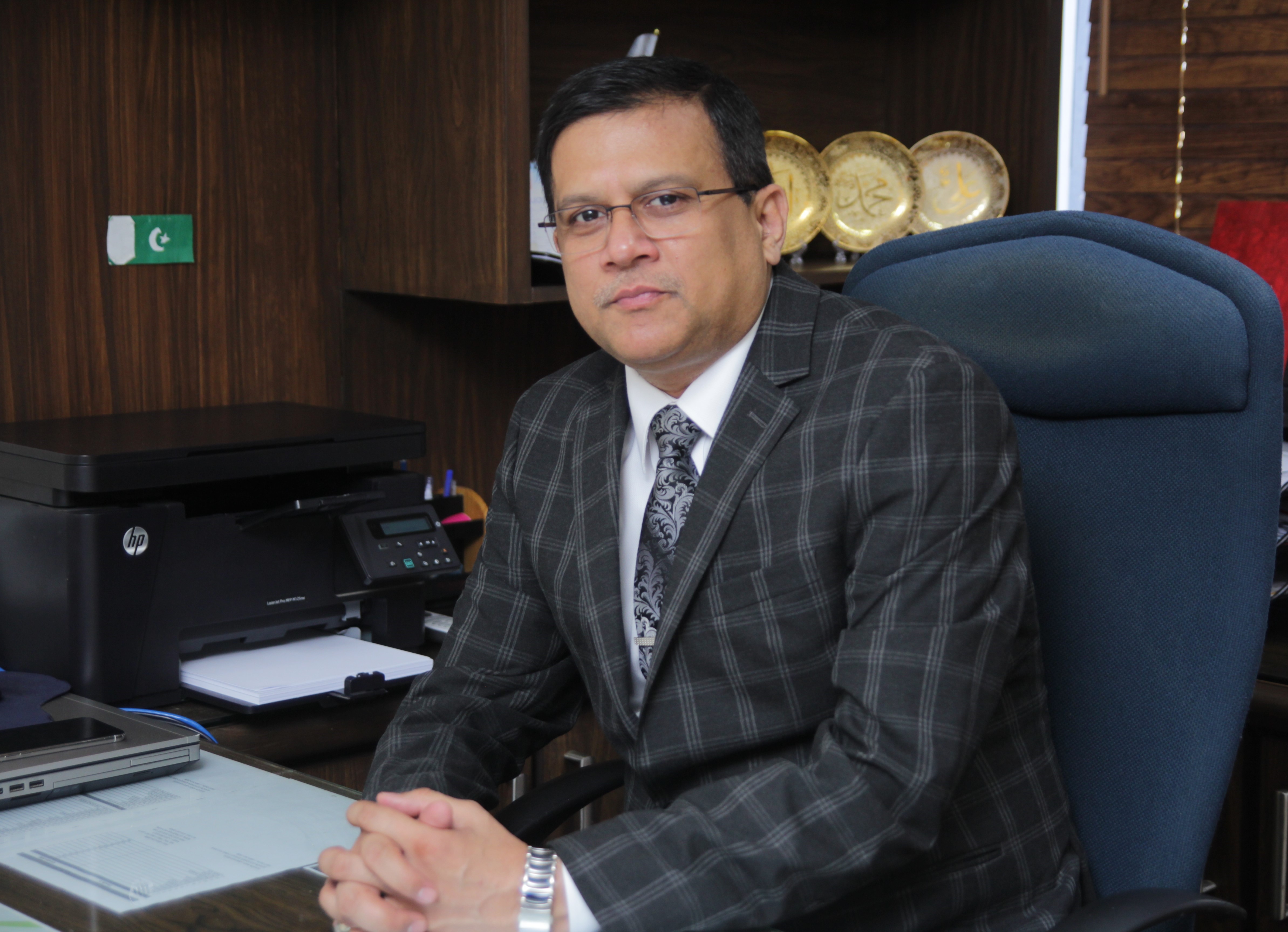THE RESPONSIBILITIES OF SENIOR MANAGER IN THE ORGANIZATION
PRIMARY RESPONSIBILITIES
- Planning organizational activities by establishing tasks, objectives, and priorities
- Creating a detailed action plan by mapping out the necessary steps and organizing them into a logical pattern
- Determining measurable organizational goals and defining ways to achieve them
- Setting explicit guidelines for decision-making and crisis management
- Communicating the organization’s direction and vision to employees.
- Developing, implementing, coordinating, reviewing, evaluating, and improving business procedures and policies. Workings of organizational activities and taking useful initiatives:
- Formulating, approving, and implementing organizational policies, programs, and other internal campaigns;
- Work allocation according to the available resources.
- The right amount of work allocation to the right people only.
- Providing directions and explanations, delegating authority as required.
- Monitoring and project control with key objectives in mind.
- The objectives include: progress, cost and budget
- Identification of problems and deficiencies that ensure correct measures are implemented.
- Controlling budgets, liaising with partners and investors. On top of this, collaborating with the sales, marketing, and accounting departments to discuss strategies. Also providing assurance to the financial and overall success of the organization’s projects:
- Reviewing and interpreting budgetary information and financial data;
- Monitoring expenses and performing cost-benefit analysis;
- Assessing and managing financial risks; and
- Ensuring financial accounting and auditing comply with applicable law.
- Overseeing the human activity of all departments, authorizing and organizing the establishment of major departments and associated positions:
- Selecting managers, directors, and other executive staff.
- The training, supervising, and managing staff.
- Instructions to the Human Resources department for training and supervision;
- Setting guidelines and standards for personnel evaluations, recruitment, and advancement;
- Monitoring employee performance, writing reports and updating records, as required; and
- Planning work schedules, if necessary.
MANAGING RELATIONSHIPS:
Managing relationships in the corporate world is a plus for managers. Relationship management helps in determining internal and external stakeholders.
- Managers relationship management internally and externally:
- Communicating, motivating, and inspiring employees;
- Gaining influence, trust, and credibility within the organization to build and help foster collaborative work relationships;
- Liaising with external companies and other third parties; and
- Representing the organization, or delegating representatives to act on their behalf.
- Making negotiations, networking events, Public Relations activities, or other official functions.
- Overseeing the internal and external event organization and coordination, including promotional events.
- Overseeing the maintenance of equipment:
- Scheduling periodic inspections, maintenance, repairs, and renovation work.
For the smooth running of the organization and problem-solving:
- Tasks includes giving advice to the Human Resources department on how to handle complaints and inquiries;
- Giving instructions for conflict management whenever & where ever necessary.
DAILY TASKS:
- Planning, organizing, directing, and evaluating all business activities, ensuring they meet the organization’s goals, objectives, and regulations.
- Monitoring budgets and progress for all projects and activities.
- Developing, implementing, and updating procedures and policies.
- Overseeing the organization’s human activity, including the training, management, and evaluation of employees.
- Liaising with employees, external companies, partners, and other third parties.
- Representing the organization or delegating representatives to act on their behalf.
SKILLS AND ATTRIBUTES OF A SENIOR MANAGER:
The managing of large and complex projects is a boost for managers. Their practical knowledge in project management is very helpful for the future. These are the must-have attributes of managers; - Good knowledge and handling of project and program management methodology and techniques;
- Good understanding of the wider objectives of the program;
- Ability to work positively with the wide range of individuals involved in program management;
- Strong leadership and management skills;
- Good knowledge of budgeting and resource allocation procedures; and
- The ability to find innovative ways to resolve problems.






